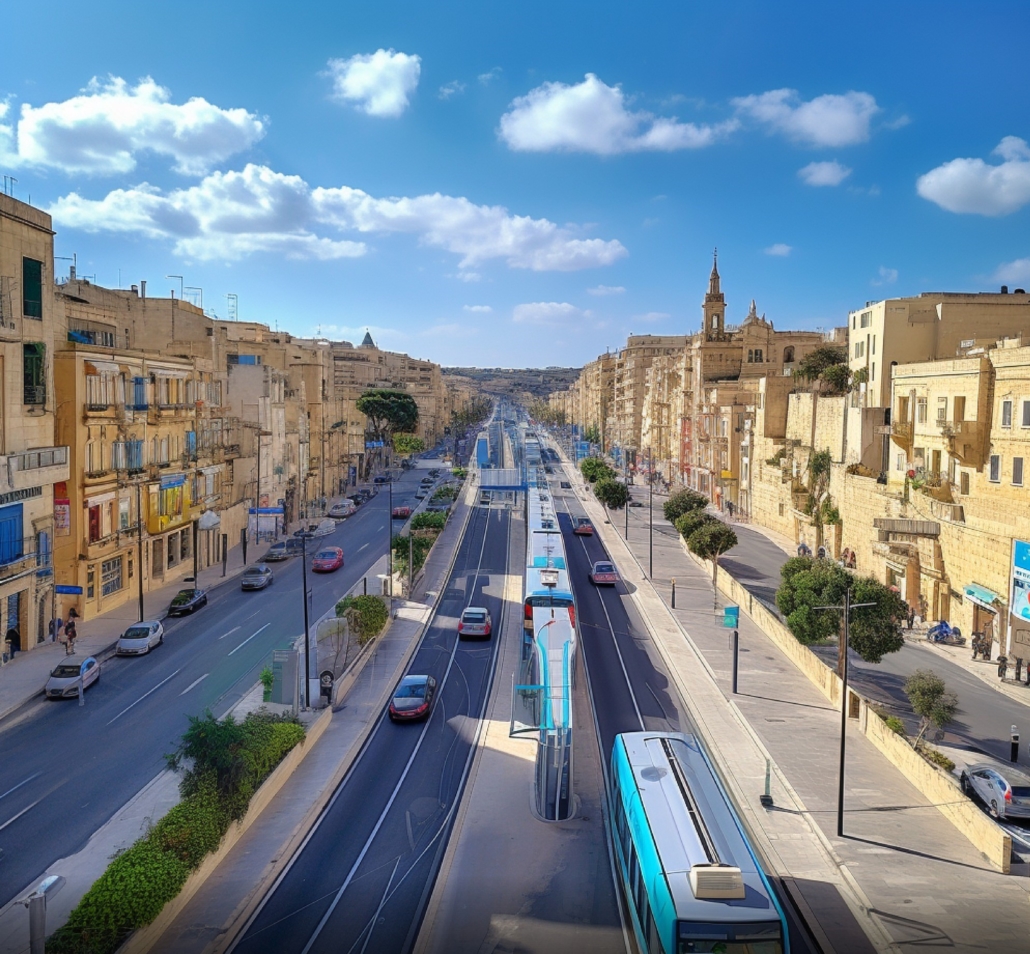To sell or not to sell – that is the question
How to sell 101. eCabs Technologies’ commitment to a solution-oriented sales approach has been one of the driving forces behind its success.
eCabs Technologies: A product-oriented approach to success
The ride-hailing industry is a crowded space, filled with giants vying for your attention.
At eCabs, we understand that simply offering another product isn’t enough.
We are not just here to sell you software. We’re here to work with you, and provide you with our market-leading solution born from our cutting-edge ‘mobility laboratory‘.
But what truly sets us apart?
We don’t just sell, we partner. Instead of bombarding you with generic sales pitches, we take a solution-oriented approach.
This means we dive deep into your specific needs and challenges.
We become an extension of your team, understanding your business from the inside out.
Embracing a solution-oriented mindset
Our cutting-edge mobility laboratory isn’t just a fancy term. It’s a hub of innovation where we continuously refine and perfect our platform to stay ahead of the curve.
This ensures that when you partner with eCabs, you’re not just getting a solution. You’re getting a platform built for the future, playbooks on how to operate your business, alongside our 14 years of operational experience.
We’re perfectly attuned to the dynamic needs of the ride-hailing market.
But here’s the best part: we don’t believe in a one-size-fits-all approach. We have designed our platform to be customisable, allowing us to seamlessly adapt it to your unique business goals and challenges.
Your success is our success. And we’re committed to providing you with the tools and support you need to thrive in the ever-evolving ride-hailing landscape.
Beyond structured meetings: building genuine connections
We understand that building genuine relationships goes beyond formal sales meetings.
We actively seek out opportunities to engage with potential clients in informal settings, fostering a sense of connection and trust.
While we are based in Malta, which has become a proven testbed for mobility products, our city partners are based in mainland Europe.
For us this means that we’re constantly educating, advocating and championing mobility through digital channels.
Nurturing genuine relationships, through channels such as LinkedIn, is critical in ensuring that we can continuously share our findings and learnings in the mobility industry and guide potential city partners to the right solution.
Delving into the client’s world
eCabs goes beyond superficial understanding; we strive to gain a deep appreciation of our partners’ businesses.
Proper exploration, and applying the appropriate framework is imperative, to ensure that we can accurately map out your requirements and align them to our solutions.
Additionally, studying our partners’ operations, understanding their unique context, and being able empathise with the challenges they face.
By becoming intimately acquainted with our City Partners’ business through on-site visits, we can tailor solutions that are truly aligned with their goals and objectives.
The power of knowledge transfer
We recognise the value of education and knowledge sharing in building trust and establishing credibility.
We actively educate potential clients about the ride-hailing industry, highlighting industry trends, best practices, and the latest technology advancements.
When we launch in a city, we share a refined launch ‘Playbook’ with our City Partners, to ensure a successful launch from the get-go.
Our knowledge transfer goes beyond the ride-hailing platform and the operations.
The eCabs Technologies Expansion Team will guide you weekly on the industry fundamentals, and emerging trends, and take on product feedback. In the background, we continue iterating on our products to ensure that our partners can stay ahead of the curve in any city that they choose to operate in.
This comes from our over 14 years of experience, from operations through to software development.
By equipping you with the knowledge and insights to make industry-informed business decisions, we go beyond offering software.
eCabs Technologies, as your partner in innovation, leverages our cutting-edge ‘mobility laboratory’ to tailor solutions that empower your success.
We believe in your journey to success, and we’re here to support you every step of the way.
The proof of our expertise
eCabs’ success is not just talk. It is backed by our partners and case studies. These demonstrate the tangible impact of our software platform on client businesses.
From enhancing operational efficiency and customer satisfaction to driving profitability and expanding market reach, the features within eCabs’ ride-hailing solution have proven their value across a diverse range of industries and clients – enabling a ride-hailing operator to take on more than just dial-a-cab bookings.
In addition to our commitment to your success with eCabs, our ride-hailing solution is a scalable and adaptable platform without upfront software costs.
Case study: eCabs and Malta’s taxi industry
In Malta, eCabs has played a pivotal role in transforming the taxi industry since 2010.
By understanding the specific needs of local taxi drivers and operators, and taking on national stakeholder feedback, it developed a software platform that streamlined operations, enhanced customer satisfaction, and boosted profitability across the board.
This success has earned eCabs Technologies a reputation as a trusted partner in Malta’s ride-hailing landscape.
Our solution-oriented approach has proven to be a winning formula. Enabling our City Partners to build strong partnerships within their local communities and the European Union.
By prioritising understanding, knowledge transfer, and genuine connection, eCabs has established itself as a trusted advisor and a true solutions provider for the ride-hailing industry.
Together, let’s not only shape the future of ride-hailing but also a sustainable future. eCabs is here to walk the talk and partner with you on your journey forward.
You can get in touch with Ruslan here.










